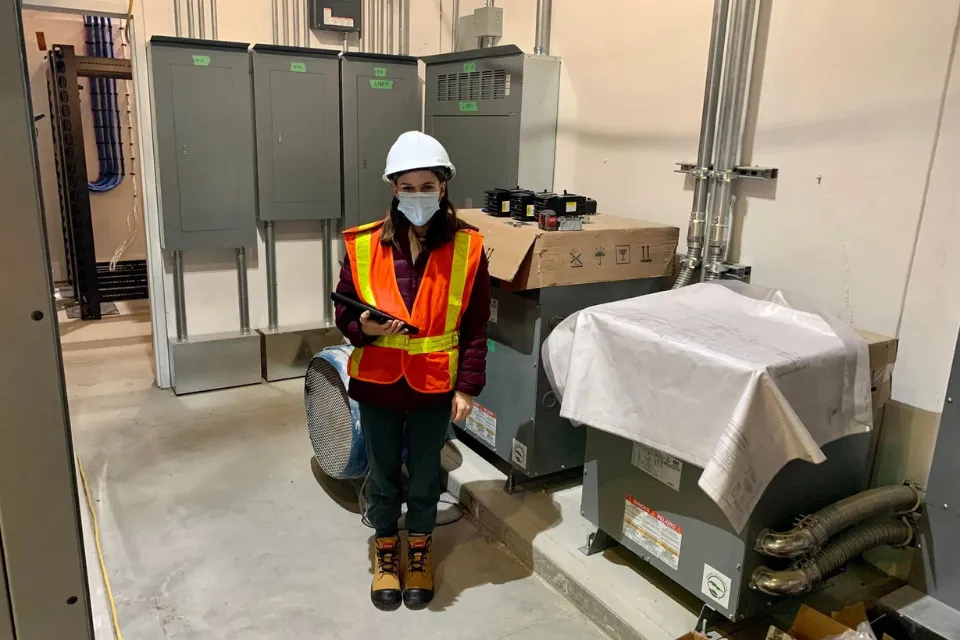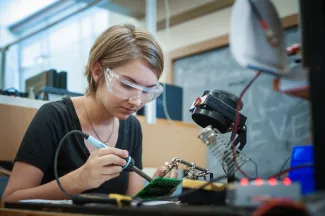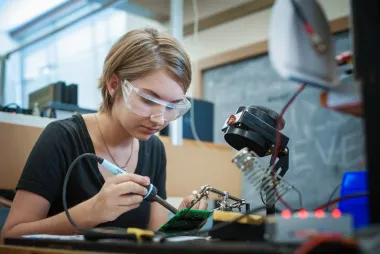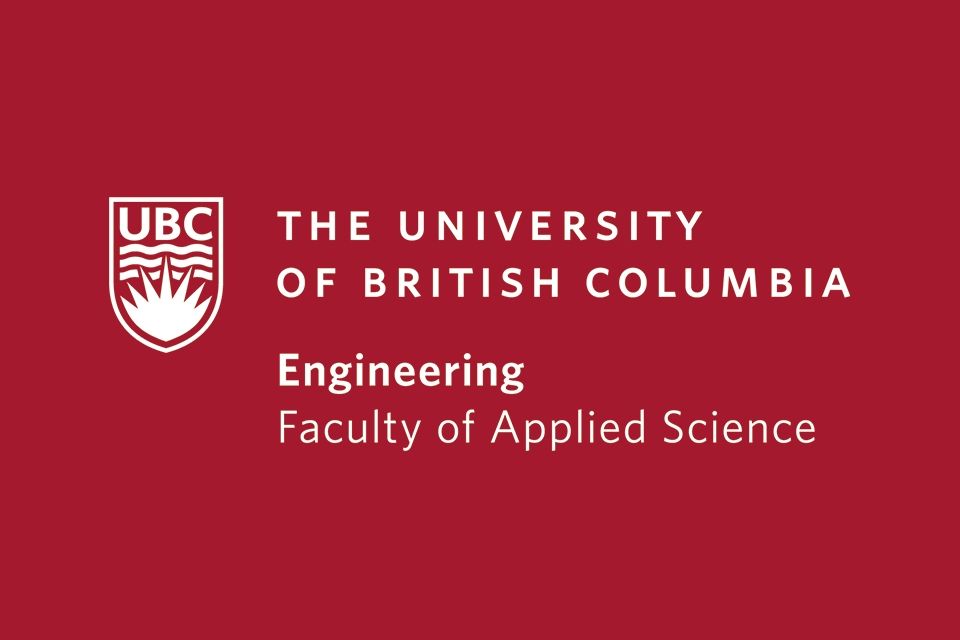“Put yourself out there, try new things and don’t have a fixed mindset: you never know what you’re going to like!”
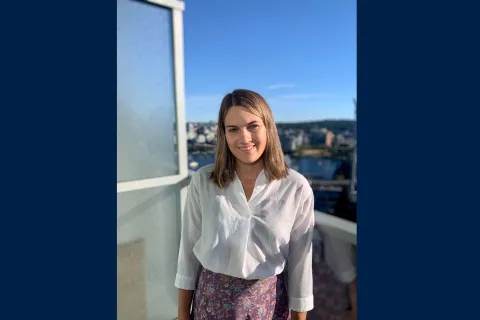
Madison Maurice
- Degree:
- Bachelor of Applied Science
- Program:
- Campus: Vancouver
Why did you decide on UBC Engineering? What made it stand out compared to other schools?
There are other reasons, too. Vancouver is such a beautiful city with all the greenery and its location on the ocean. I had also heard good things about the students here compared to other schools where students can be really competitive with each other. UBC Engineering isn’t like that, and everyone in engineering is friendly and helpful. I found out early on that even if you didn’t know someone you could go to them and ask for help.
Tell us about your fourth-year capstone project.
Capstone projects give you the opportunity to try and solve a real world problem that doesn’t have one solution. My group is working with Rampart Detection Systems to come up with a way to measure whether wine has gone off or been spoiled. We’re not sure yet how we’re going to do it and we’re currently in the research stage exploring different sensors that can detect chemical compositions in liquids through a closed wine bottle.
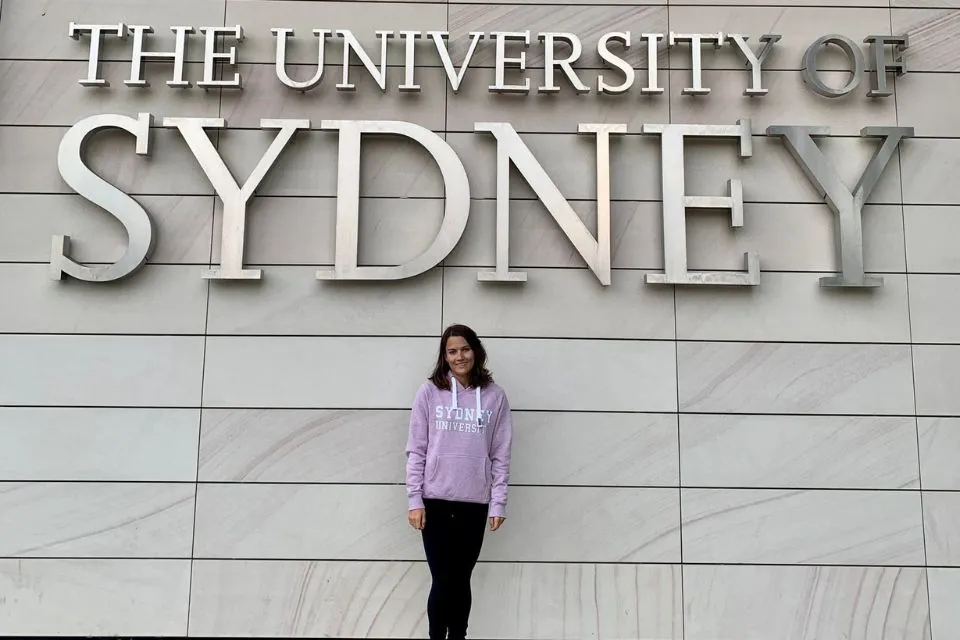
What was your exchange term in Australia like?
I did the Coordinated International Experience exchange term with the University of Sydney in early 2020. Unfortunately, soon after I arrived also marked the arrival of COVID-19, which meant we had to shift to an online format. One course I particularly enjoyed was on cochlear implants. While I missed out on some of the exchange benefits, it was still lots of fun and I was able to spend seven weeks travelling in Australia.
What’s next for you after you graduate in May 2023?
I want to go backpacking as a grad trip and then find a job. I’ll see what opportunities emerge! I am open to a lot of different things, including taking more courses.
Any advice for other students?
Even if you don’t think you’re cut out for engineering, you actually are! In first year, I was often overwhelmed and felt like I didn’t fit in. But as I’ve gone through the years, I’ve met people who feel the same way and we’ve bonded together. The same goes for applying for jobs that you might not feel qualified for. Just put yourself out there, try new things and don’t have a fixed mindset. You never know what you’re going to like.
